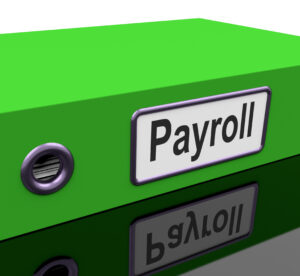The Coronavirus Aid, Relief, and Economic Security Act fixes a defect in the tax rules for deductions of qualified improvement property (also known as QIP). The new CARES Act provision on QIP is a timely and much-needed solution for taxpayers in the real estate and restaurant industries. These businesses were hit hard by COVID -19 pandemic.
The Protecting Americans from Tax Hikes Act of 2015 created a new definition for Qualified Improvement Property. This includes any improvement to an interior portion of the nonresidential real estate placed in service after the date it was built and applied if such construction requires significant investment dollars or has had difficulty securing financing. The definition excluded all things related to elevators and escalators and any internal framework within a building. The TCJA has eliminated all other types of property that were similar to qualified leasehold and retail improvements. The only remaining category is QIP.
The QIP program was created with a 15-year recovery period in mind, so it’s eligible for the first-year bonus depreciation deduction. The TCJA has provided some much-needed relief to businesses, allowing them to double the bonus depreciation from 50% up until 2023. Starting in 2023, the bonus depreciation tax break will be gradually eliminated over five years.
QIP should have been eligible for bonus depreciation, but no such allowance was assigned because of a drafting error by lawmakers. The company defaulted to a 39-year recovery period, which resulted in QIP not being eligible for bonus tax breaks.
The CARES Act provides taxpayers with much-needed relief by assigning a 15-year cost recovery period. The TCJA changed the rules on bonus depreciation, which means that QIP is now eligible for an extra benefit! The change also comes with technical adjustments made by corresponding legislation. The new changes mean that qualified businesses may be able to file an amended tax return for the 2018 and 2019 tax years, which will allow them benefits associated with this year’s rules on filing or defending against audits.
The CARES Act will significantly impact cost segregation studies, which are used in the construction industry to establish depreciation deductions for buildings. If you are an accountant or professional dealing with clients who may be affected by this legislation, contact them immediately to discuss how it might benefit their business!



